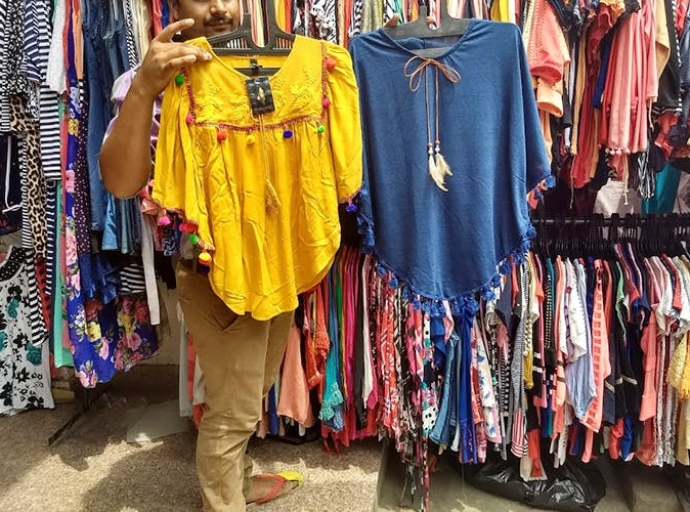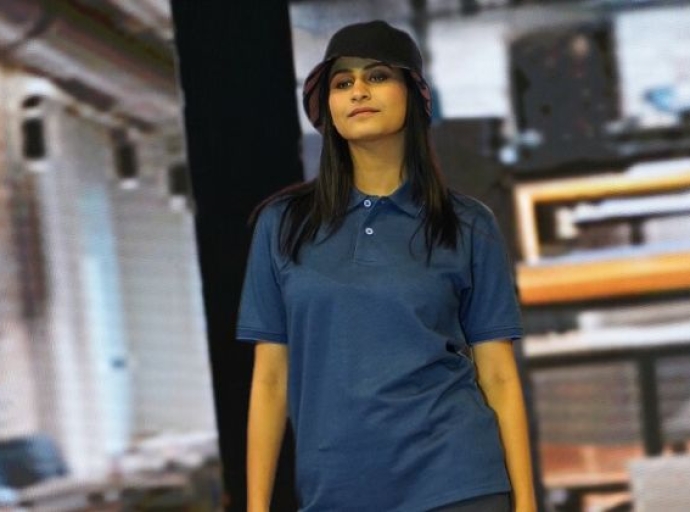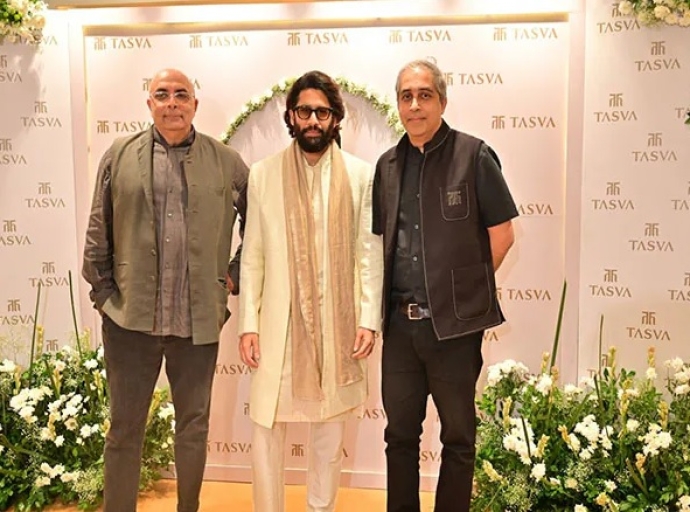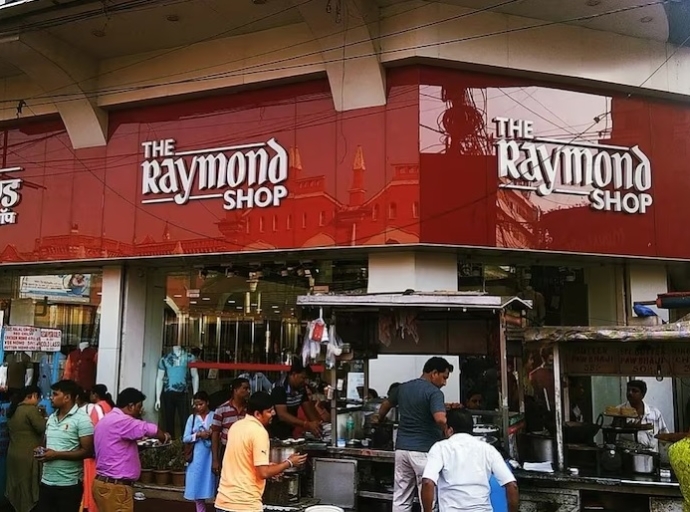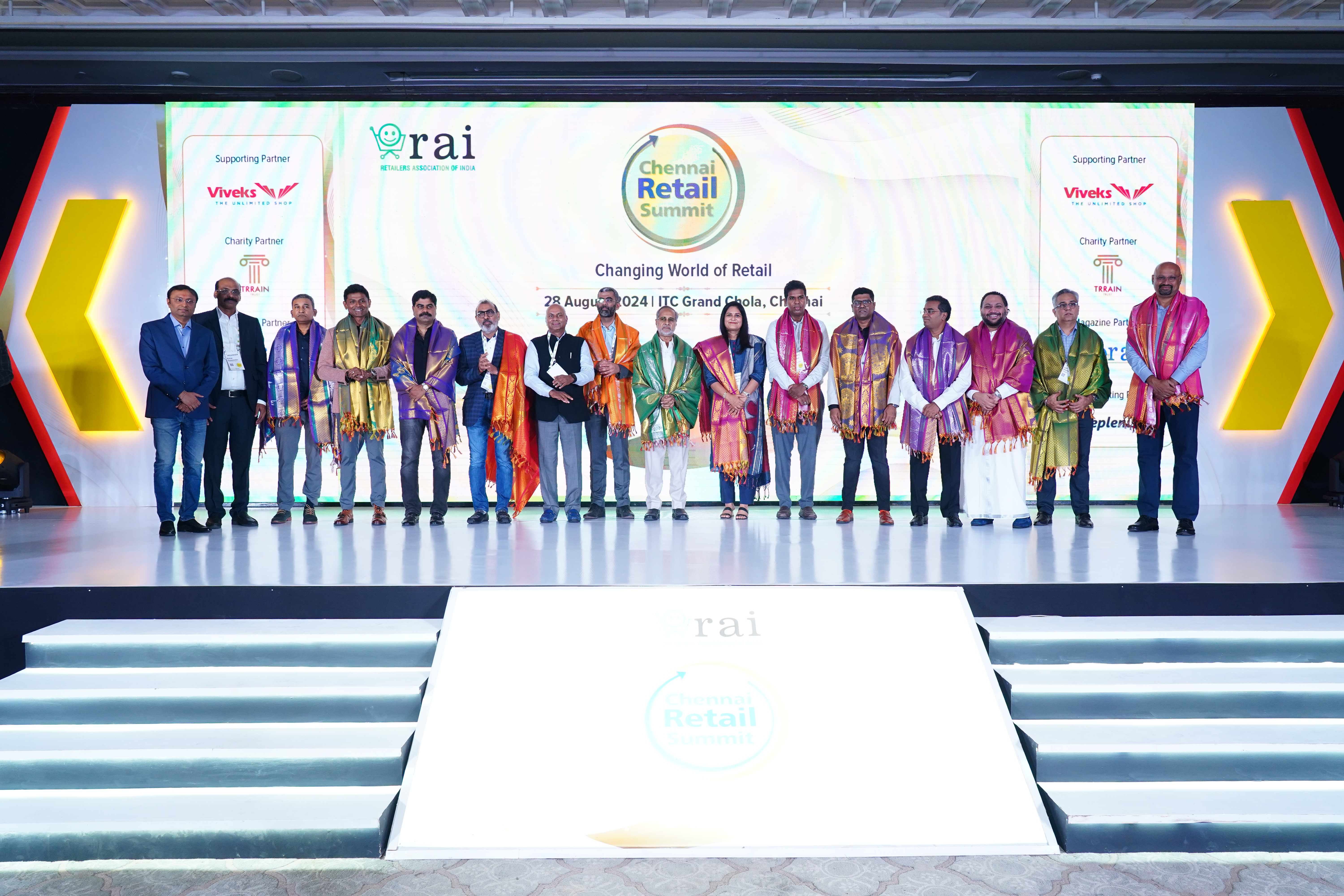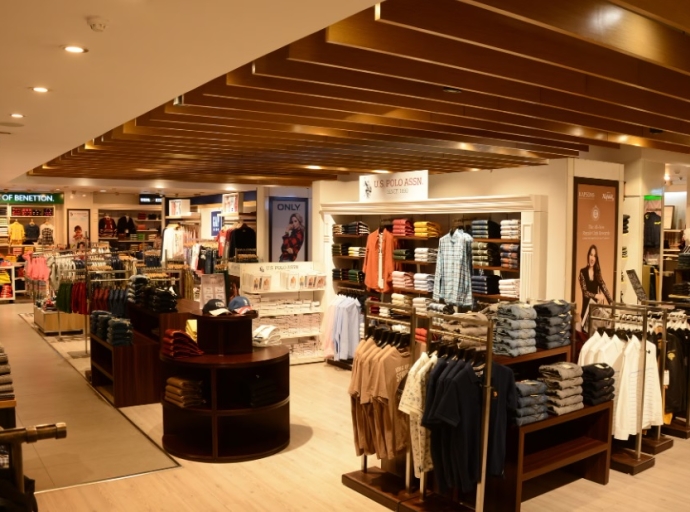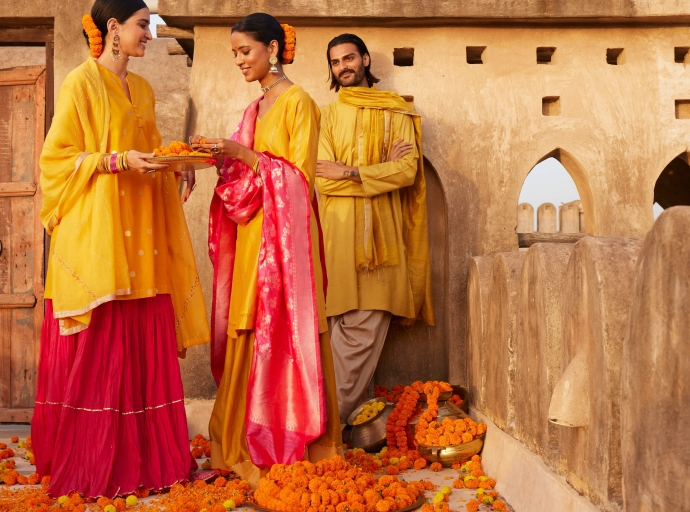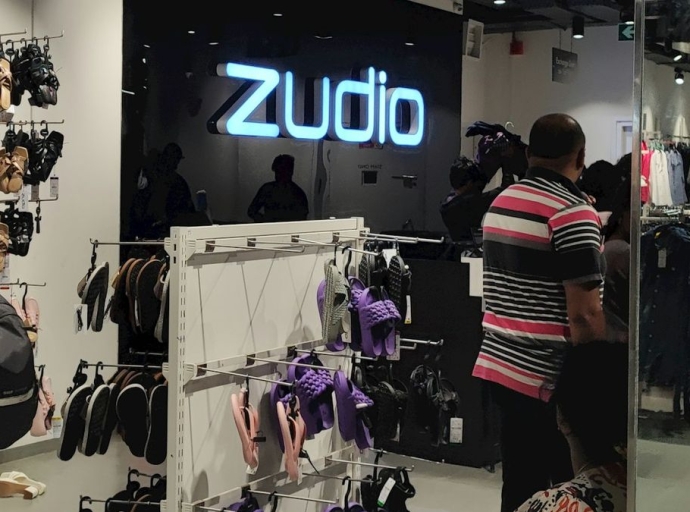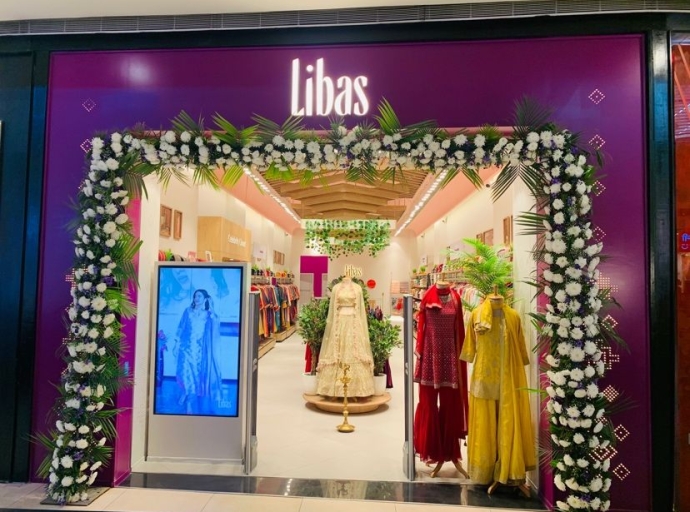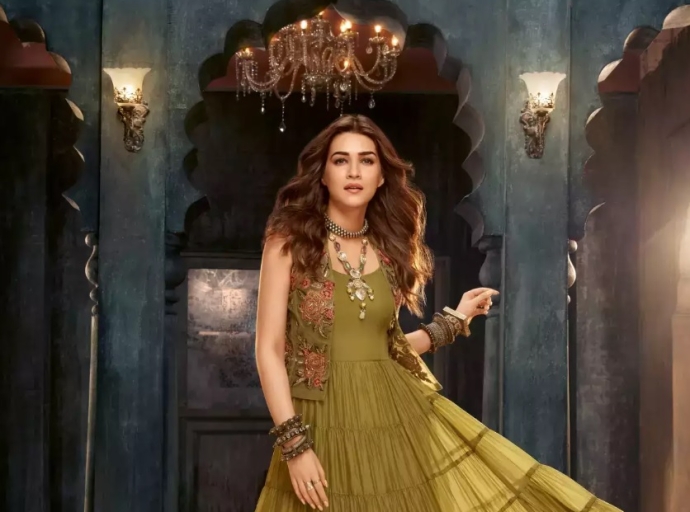29 August 2024, Mumbai
In a recent media interaction, Noel Tata, Chairman of Trent Ltd, expressed confidence in the company's future, stating that it has the potential to grow tenfold in size. Despite being a late entrant in the Indian retail scene, Trent has witnessed a significant transformation, with its verticals scaling profitably. Investors have responded positively, pushing Trent's market capitalization to the fourth-highest among Tata group companies.
Zudio’s lessons from Westside
Tata emphasized the challenges of building a private label brand, highlighting the time and effort required to develop a product portfolio and establish market acceptance. He attributed Zudio's success to the lessons learned and infrastructure built during Westside's development.
While Westside and Zudio continue to be key growth drivers, Trent is also focusing on expanding its grocery vertical, Star Bazaar. Tata acknowledged the competitive nature of the grocery business but believes it has the potential to surpass Westside and Zudio in size due to the sheer scale of the food market in India.
Trent is also incubating several other retail formats, including Misbu for cosmetics, Samoh and Utsa for apparels. Tata stressed the importance of experimentation and evolution before rapidly expanding any new format. The Covid-19 pandemic proved to be an inflection point for Trent. Despite experiencing its first-ever loss in 2020-21, the company utilized the downtime to secure new properties, which fueled its growth after the pandemic subsided.
He also spoke about mentoring the next generation of leaders at Trent, including Neville Tata, who is now part of the leadership at Star Bazaar's food vertical. He highlighted the company's commitment to providing career opportunities and grooming talent through initiatives like the Trent Homegrown leadership development program.
Focus on growth
When asked about inorganic growth, he stated while the company is not opposed to acquisitions, it has yet to find a suitable direct-to-customer business that meets its internal targets. He expressed a preference for organic growth and clarified that Trent is not pursuing an acquisition of Fab India.
He acknowledged the increasing competition in the value space but emphasized the vast potential of the Indian market. He called on the government to strengthen and encourage the value segment, including by maintaining low GST rates, to benefit millions of customers and support employment generation in the retail sector.
He also highlighted the inefficiency of online apparel retail due to high return rates, which contribute to environmental concerns. He emphasized the importance of following customers' lead and offering them the best options both online and in-store.
Overall, Trent Ltd, under the leadership of Noel Tata, is poised for significant growth. With a focus on value, innovation, and customer-centricity, the company is well-positioned to capitalize on the vast opportunities in the Indian retail market.
Latest Fashion news


